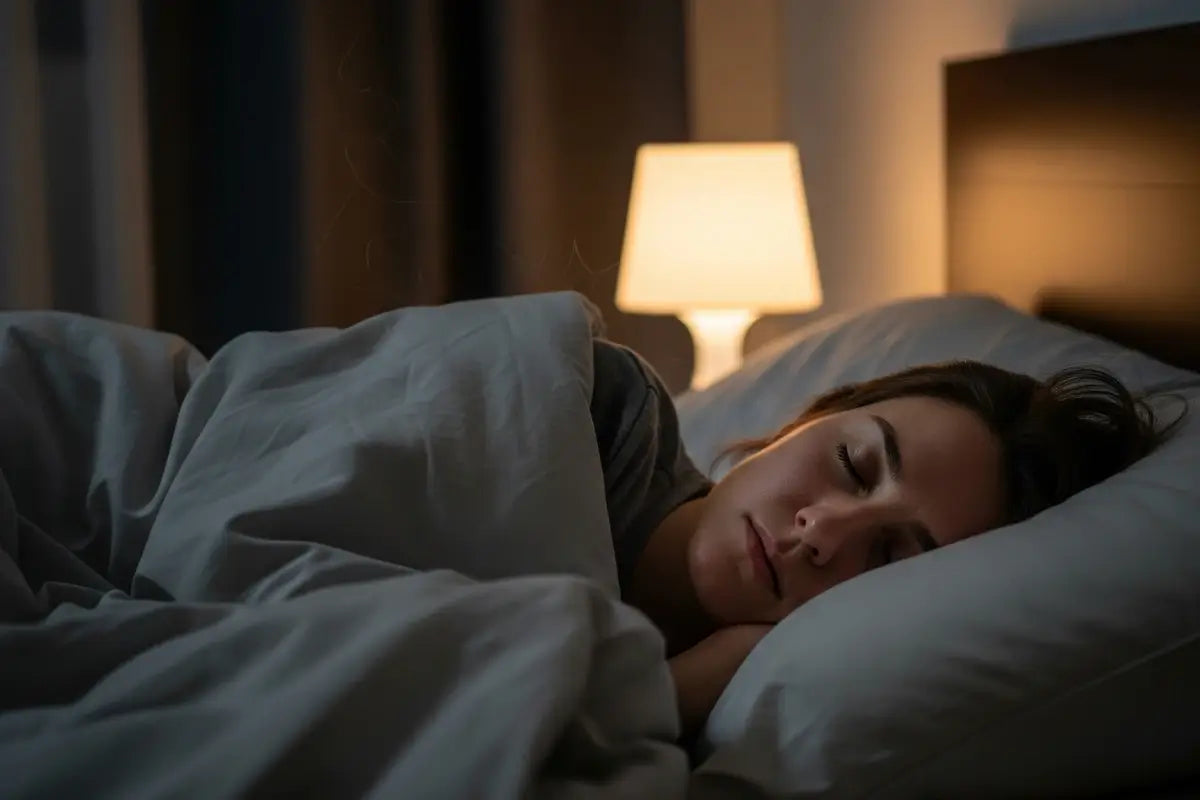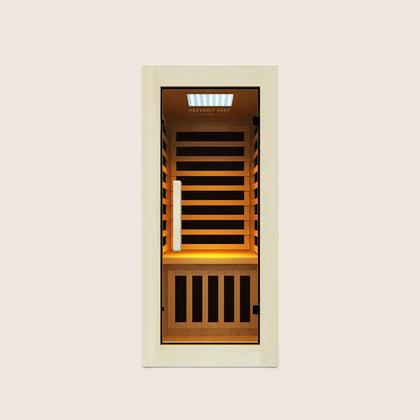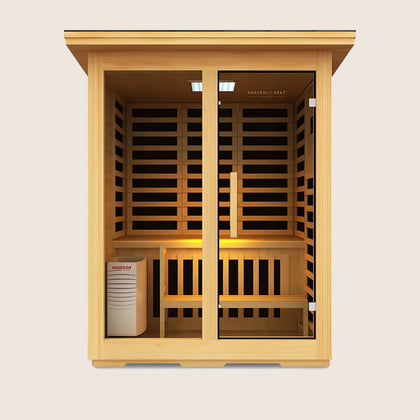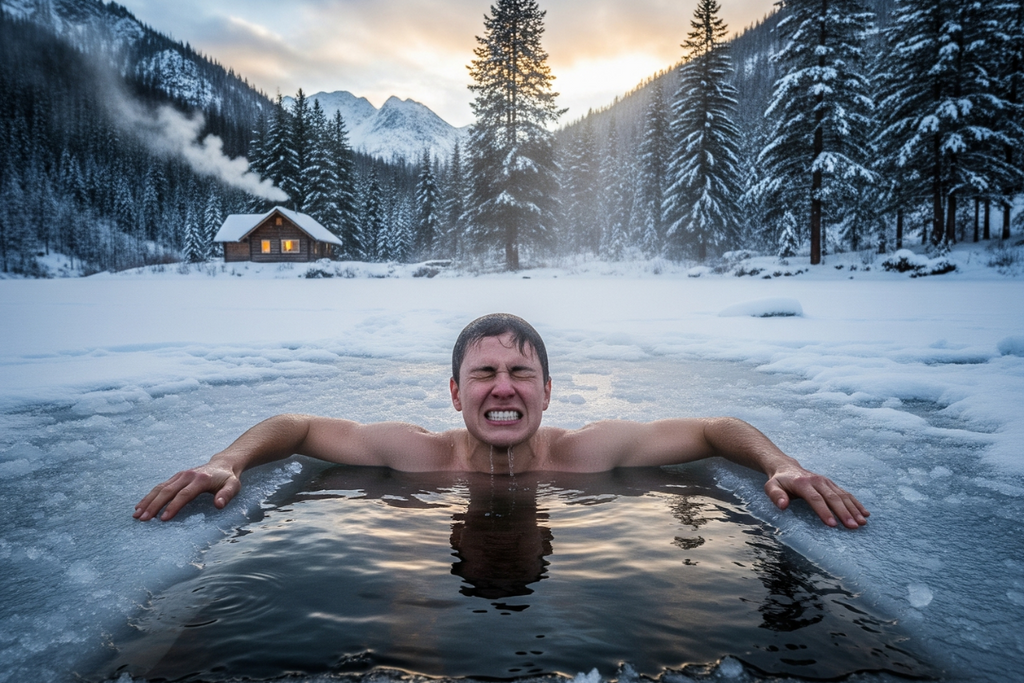Science-Backed Ways Cold Plunge Boosts Deep Sleep

Struggling to fall asleep or stay asleep? A cold plunge might be the secret you’re missing. Backed by science, this simple habit helps you sleep deeper, recover faster, and feel more relaxed at night.
In this article, you’ll learn exactly how cold water can reset your body and mind for the best sleep ever.
Key Takeaways
-
Cool Down to Sleep Faster: Cold plunges lower your core body temperature, helping you drift off naturally.
-
Dive into Deep Sleep: Full-body immersion boosts slow-wave sleep—the most restorative kind.
-
Calm Your Mind: Cold water reduces cortisol, easing stress and supporting better rest.
-
Strengthen Recovery: Faster muscle recovery from plunges leads to smoother, deeper sleep.
-
Boost HRV for Better Sleep: Cold exposure activates your “rest and digest” mode, improving sleep quality.
The Science Behind Cold Plunge & Sleep
Taking a cold plunge after exercise can help you sleep better and feel more refreshed. One study showed that fully immersing your body, even your head, in cold water at about 13°C for 10 minutes helped runners fall into deeper, more restful sleep during the first part of the night.
This deep sleep is important because it helps your body recover and repair after tough workouts.
The cold water also lowered their core body temperature for a while, which seems to help the body relax and prepare for sleep.
Another study found that just five minutes in cold water can lift your mood, making you feel more alert, proud, and less stressed.
It does this by activating certain brain networks that control how we process emotions. Together, these studies show that cold plunges don’t just help your muscles, they can also improve your sleep and boost your mood, making recovery from exercise faster and more effective.

Science-Backed Ways Cold Plunge Boosts Deep Sleep
Lowers Core Body Temperature for Natural Sleep Onset
Lowering your core body temperature is one of the body’s natural cues to fall asleep, and a cold plunge helps make that happen.
By exposing your body to cold water, especially with full-body immersion, you trigger a drop in internal temperature, making it easier to transition into sleep.
For example, a study published in Frontiers in Sports and Active Living (2021) found that whole-body cold immersion after exercise significantly reduced core body temperature and led to more slow-wave sleep, the deepest, most restorative stage, during the first part of the night, while also reducing arousals and limb movements throughout.
Reduces Cortisol and Calms the Mind
One way cold plunges promote deeper sleep is by helping reduce cortisol, the stress hormone, and calming the mind.
When your body is immersed in cold water, it triggers a controlled stress response, which over time trains your nervous system to handle real-life stress more efficiently.
This physiological “reset” helps lower baseline cortisol levels, creating a calmer mental state.
According to a 2025 research review, stress levels significantly dropped 12 hours after cold-water immersion, confirming its role in stress relief and emotional balance, key ingredients for restful, uninterrupted sleep.

Improves Heart Rate Variability (HRV) Linked to Sleep Quality
Cold plunges help boost Heart Rate Variability (HRV) by activating the parasympathetic nervous system, the “rest and digest” mode, promoting relaxation and recovery after physical or mental stress.
According to the Human Kinetics Journal (2011), just five minutes of daily cold water immersion (15°C) significantly improved HRV and perceived sleep quality in elite swimmers.
Enhances Recovery, Leading to Deeper Sleep Cycles
Cold plunges help the body cool down faster after intense workouts, which promotes quicker recovery and shifts the body into deeper, more restorative sleep.
According to a study in Frontiers in Physiology, full-body cold immersion after exercise boosted slow-wave sleep and reduced nighttime arousals, key ingredients for deeper recovery. Once again, science proves cold plunges work wonders!






























